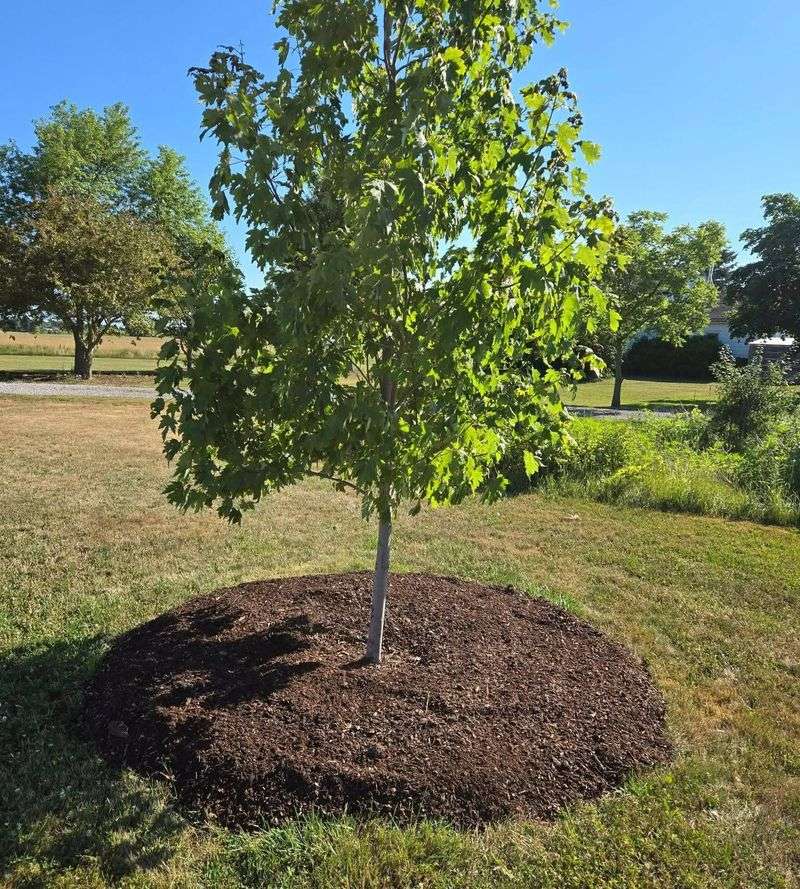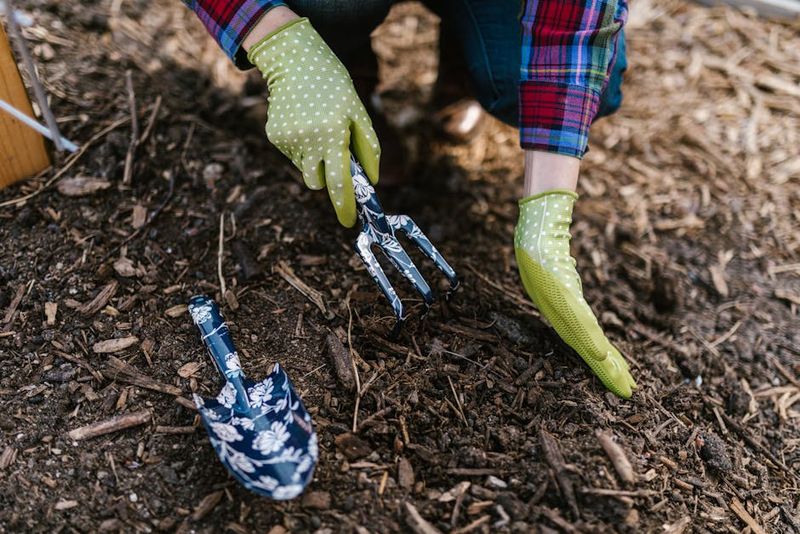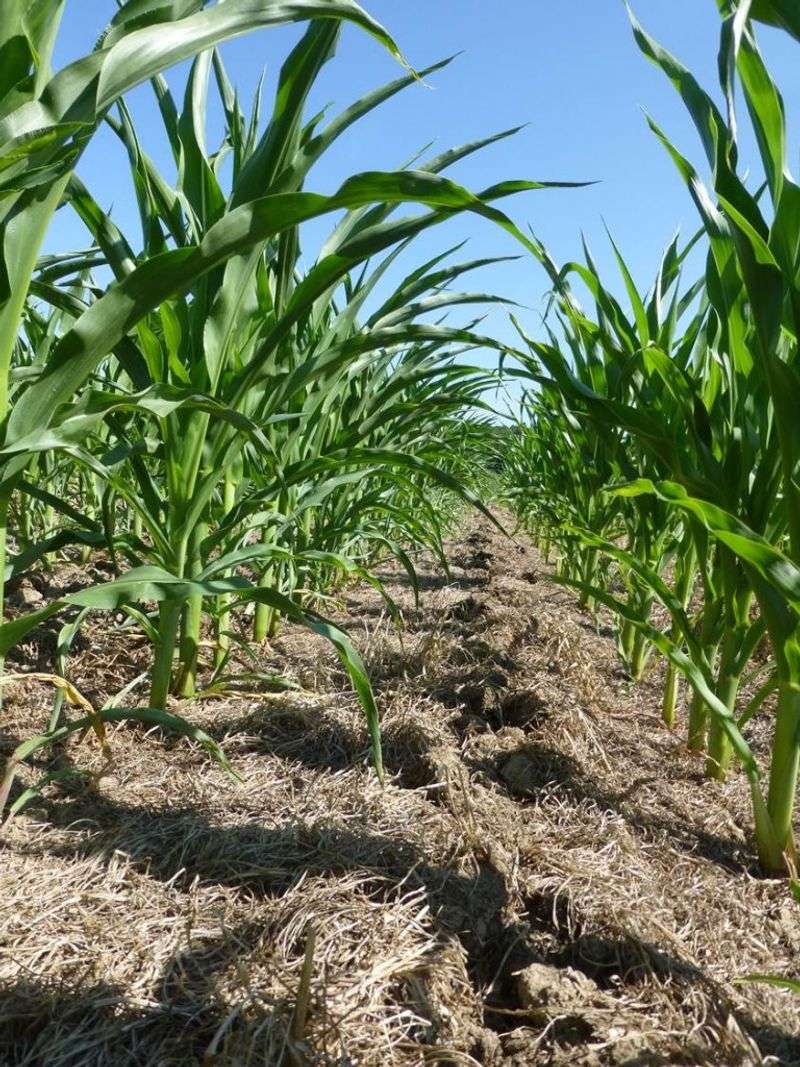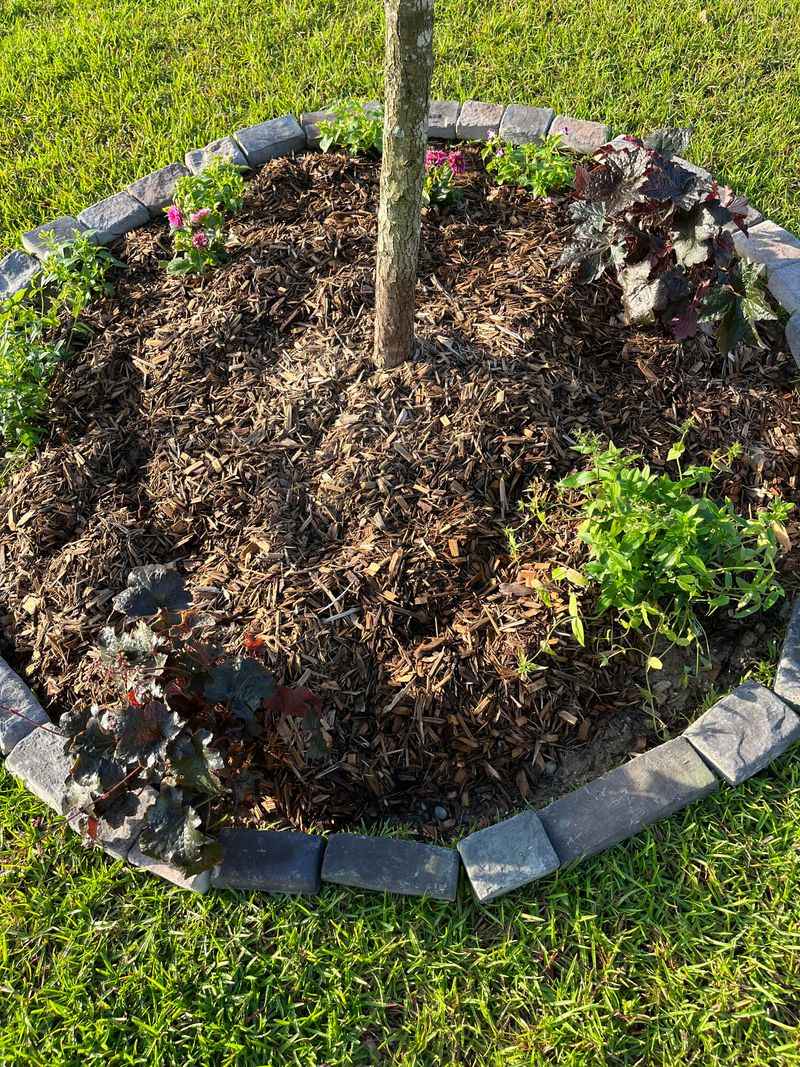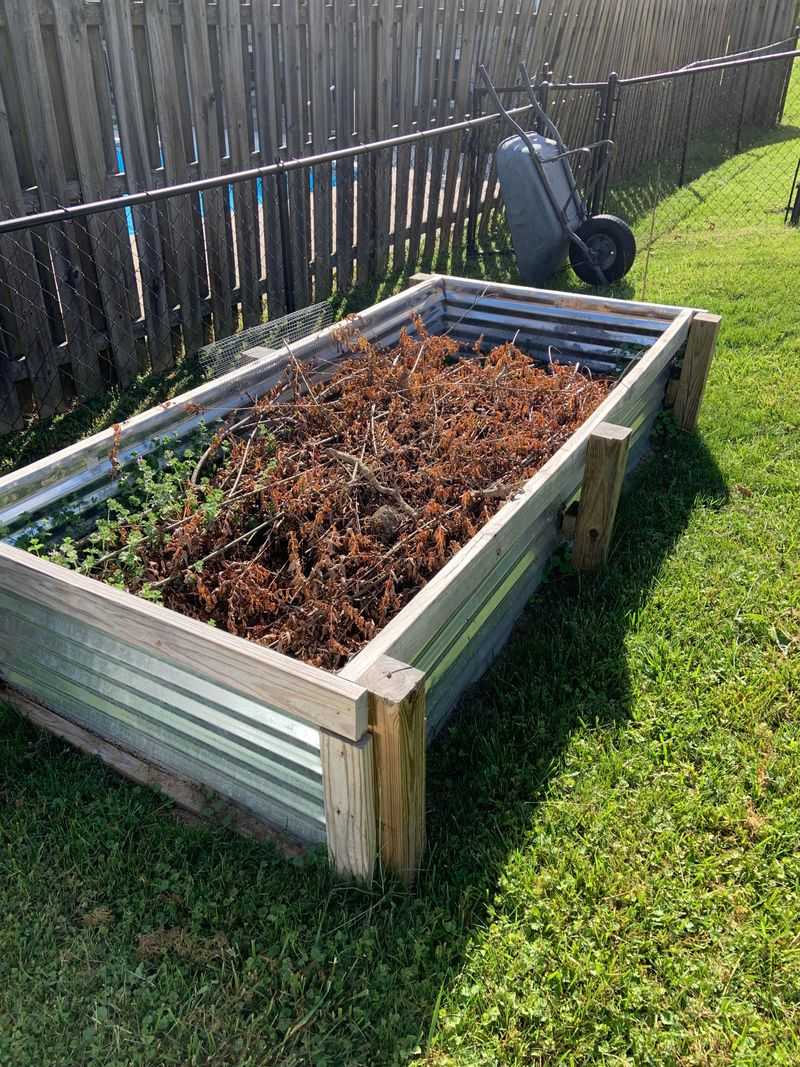Tennessee winters can be unpredictable, swinging from mild days to sudden freezes that shock your garden. Smart gardeners know that adding a thick layer of mulch before the cold arrives is one of the best ways to protect their plants and soil.
But there’s one crucial step many people forget: preparing the soil underneath that mulch layer first. Getting this right can mean the difference between a thriving spring garden and a disappointing one.
1. Locks In Soil Moisture Before The Freeze
Mulch acts like a cozy blanket for your garden beds, trapping moisture in the ground where plant roots need it most. Tennessee’s winter weather can dry out soil faster than you might think, especially during those sunny days between cold snaps.
When you add mulch over properly prepared, moist soil, you create a barrier that slows evaporation dramatically. Your plants stay hydrated without constant watering, and their roots remain healthy throughout the dormant season, ready to burst into growth when spring warmth returns to your yard.
2. Protects Plant Roots From Temperature Swings
Root damage from freeze-thaw cycles is a real problem in Tennessee, where temperatures can bounce around wildly. One day it’s 60 degrees, the next it drops to 25, and those swings stress plants terribly.
A thick mulch layer insulates the soil, keeping temperatures more stable underneath. Plants don’t experience the shock of constant temperature changes, which means less root damage and healthier perennials. Your garden essentially gets protection from weather whiplash, allowing roots to rest peacefully through winter’s unpredictable moods.
3. Prevents Soil Erosion During Heavy Rains
Winter rains in Tennessee can be intense, washing away precious topsoil if gardens aren’t protected properly. Bare soil is especially vulnerable, losing nutrients and structure with every downpour.
Mulch creates a protective shield that absorbs rainfall impact, allowing water to soak in gradually rather than running off. Your garden beds maintain their shape and nutrient content throughout the rainy season. By spring, you still have rich, fertile soil ready for planting instead of compacted, nutrient-poor dirt that washed away during winter storms.
4. Suppresses Winter Weeds Before Spring
Believe it or not, weeds don’t completely stop growing during Tennessee winters. Many hardy varieties keep sprouting during mild spells, getting a head start before you’re ready to tackle them in spring.
Thick mulch blocks sunlight from reaching weed seeds, preventing germination before it starts. You’ll spend far less time pulling weeds when warm weather arrives because most never got the chance to establish themselves. Your spring garden prep becomes much easier, giving you more time to focus on planting flowers and vegetables instead of fighting unwanted growth.
5. Enriches Soil As Organic Material Breaks Down
Organic mulches like shredded leaves, wood chips, or straw do double duty in your garden. While protecting soil during winter, they slowly decompose, releasing valuable nutrients back into the earth.
By spring, your soil is naturally richer and more fertile without adding expensive fertilizers. Beneficial microorganisms feast on the decomposing mulch, creating healthier soil structure that helps plants thrive. It’s like giving your garden a slow-release vitamin supplement that works all winter long, preparing beds for robust spring growth.
6. Keeps Soil Structure Loose And Workable
Bare soil exposed to winter weather often becomes compacted and hard, making spring planting a backbreaking chore. Rain, snow, and freezing temperatures combine to create dense, difficult-to-work ground.
Mulch prevents this compaction by cushioning soil from harsh weather impacts. When spring arrives, your garden beds remain loose, fluffy, and easy to dig into. You can plant earlier because the soil is already in perfect condition, giving your vegetables and flowers extra growing time. No need for exhausting tilling sessions before you can start your spring garden.
7. The Critical Soil You Must Prepare First
Before piling on that protective mulch layer, you absolutely must amend your soil with compost or aged manure. This is the step Tennessee gardeners should never skip, yet many rush past it.
Adding organic matter directly to soil before mulching ensures nutrients reach plant roots where they’re needed most. Mulch alone won’t feed your plants; it needs rich soil underneath to truly protect and nourish your garden. Taking time for this crucial preparation creates the perfect foundation, combining nutrient-rich earth with protective covering for unbeatable winter garden care.


